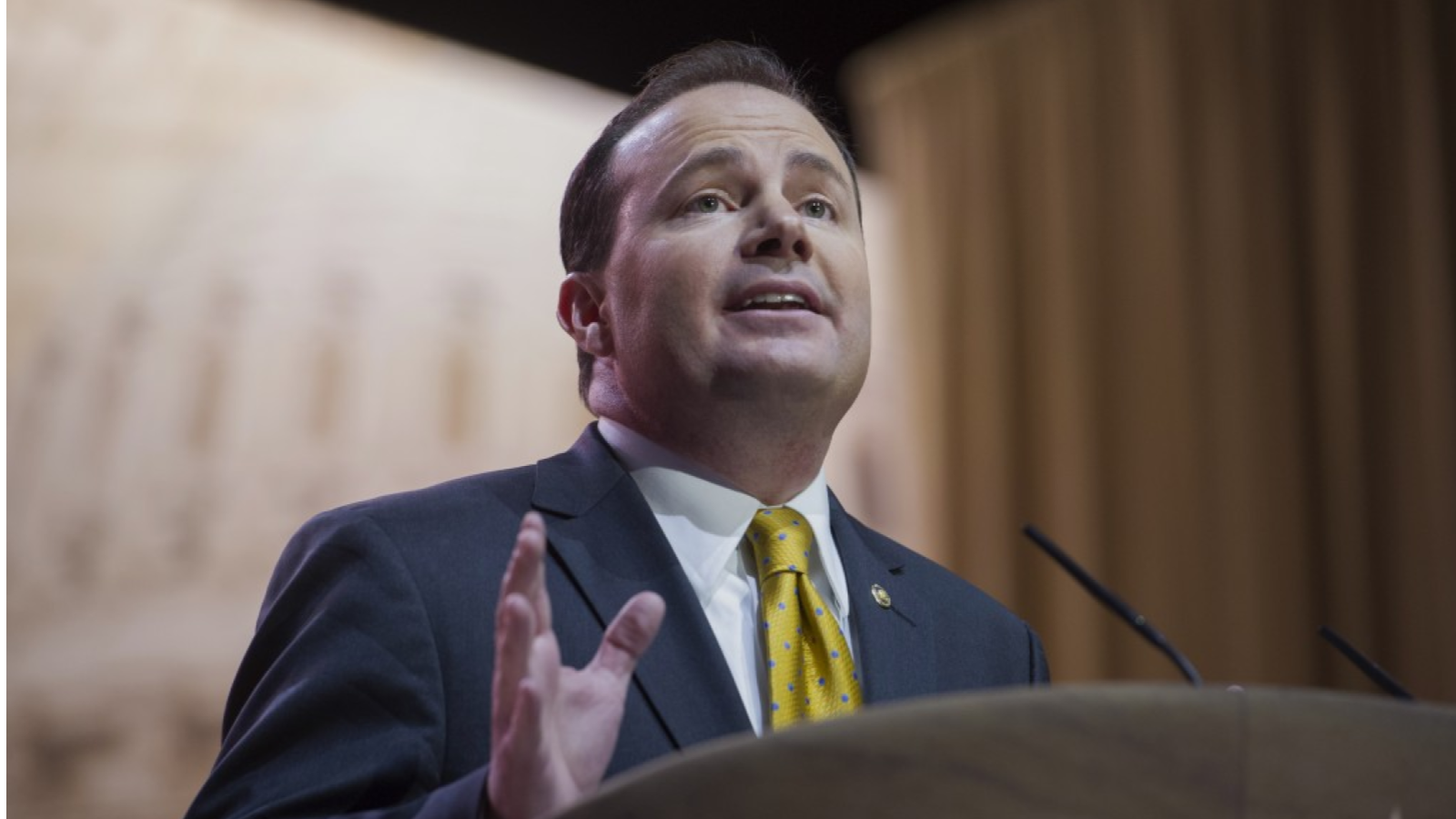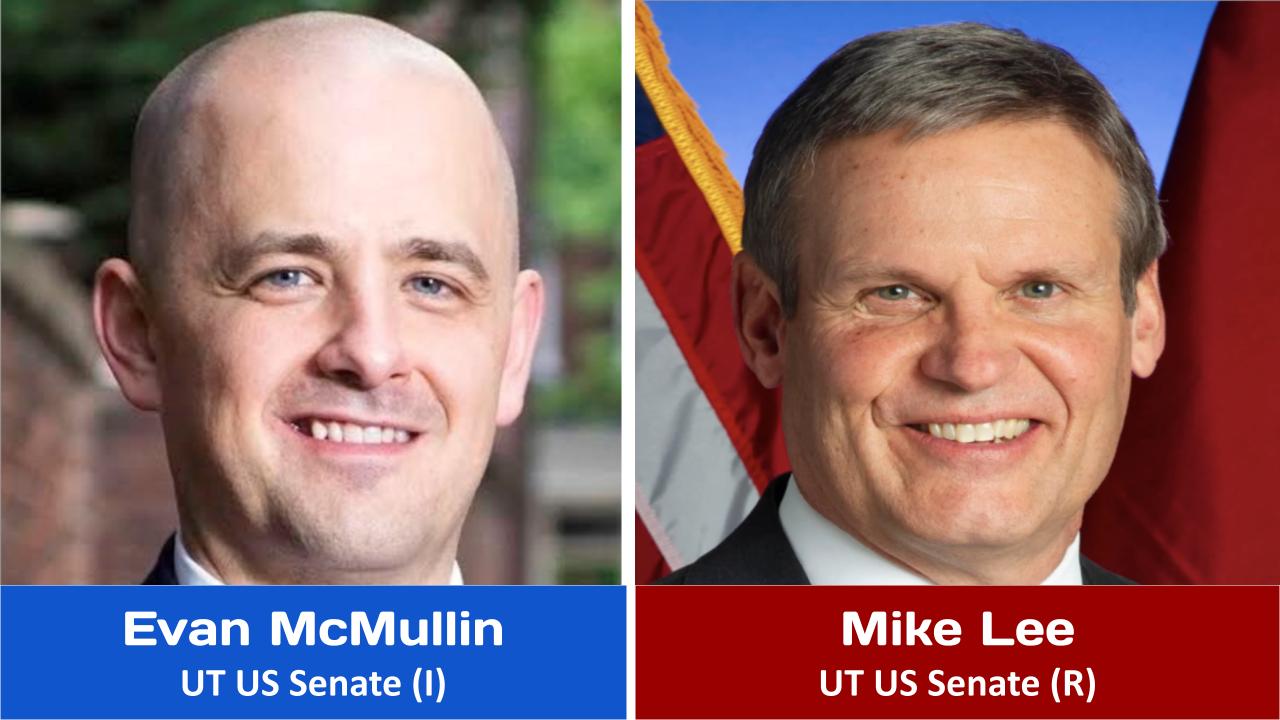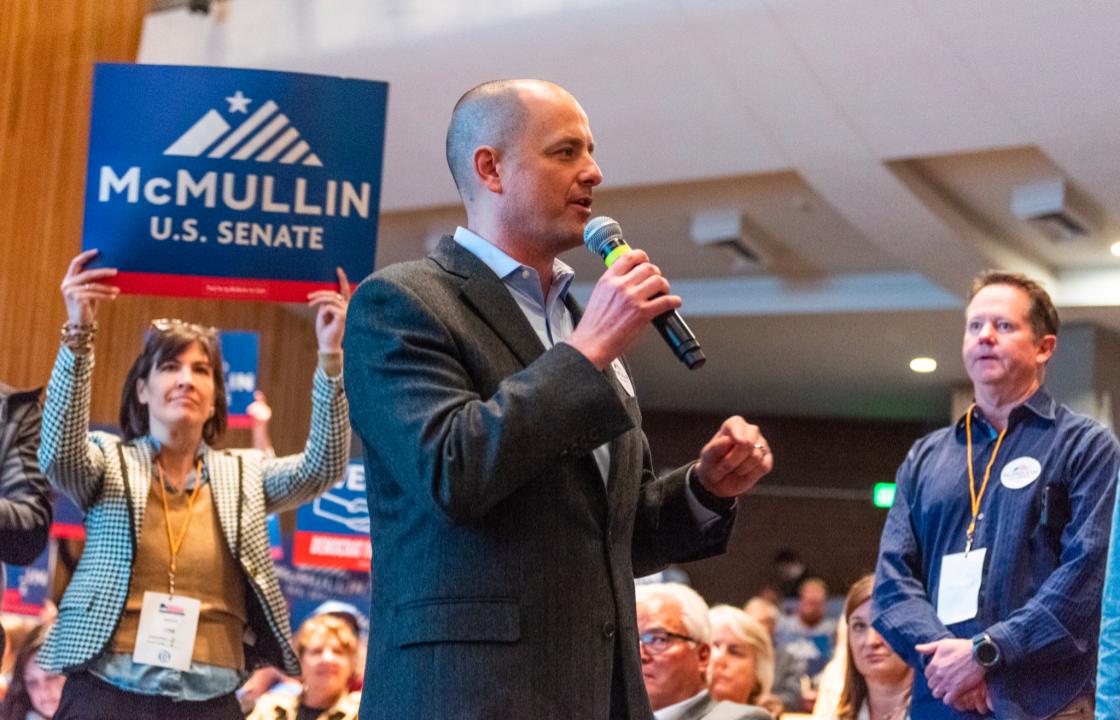Current: US Senator since 2011
Affiliation: Republican
Leadership: Ranking Member, Subcommittee on Public Lands, Forests, and Mining (Committee on Energy and Natural Resources) and Ranking Member, Subcommittee on Competition Policy, Antitrust, and Consumer Rights – (Committee on the Judiciary)
History: Mike Lee is the sone of Rex E. Lee, who was solicitor general under President Ronald Reagan. Lee’s older brother Thomas Rex Lee is a former justice of the Utah Supreme Court.
Lee began his career as a clerk for the U.S. District Court for the District of Utah before clerking for Samuel Alito, who was then a judge on the Third Circuit Court of Appeals. Lee then entered private practice at the Washington, D.C., office of the law firm Sidley Austin, specializing in appellate and Supreme Court litigation.
From 2002 to 2005, Lee was an assistant United States attorney for the District of Utah. He joined the administration of Utah governor Jon M. Huntsman Jr., serving as the general counsel in the governor’s office from 2005 to 2006. Lee again clerked for Alito after he was appointed to the U.S. Supreme Court.
Quotes: The mission of my office is to drive the message of constitutionally limited government, while being accessible, responsive, and connected to the citizens of Utah. I will work to restore the federal government to its constitutionally limited scope by supporting a balanced budget amendment, term limits, earmark reform, entitlement reform, peace through military strength, and measures designed to promote energy independence.
Featured Video:Mike Lee To Biden Nominee: Your Comments Are ‘An Insult’ To The Civil Rights Movement
OnAir Post: Mike Lee – UT



